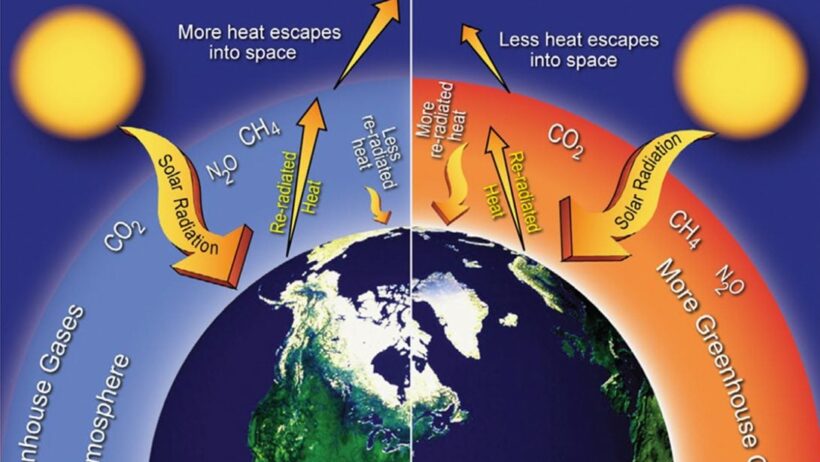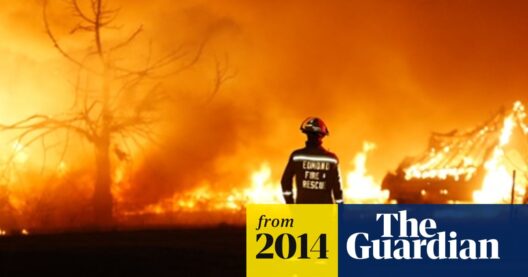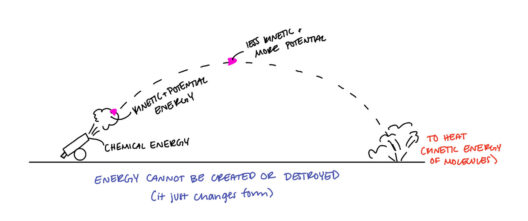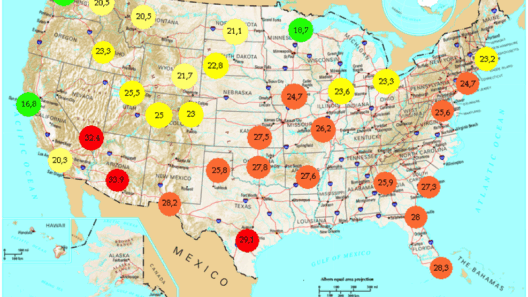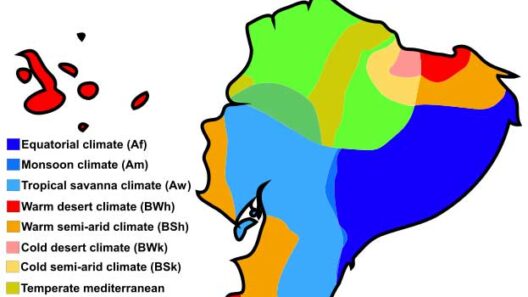Climate change, an insidious phenomenon characterized by prolonged alterations in temperature and weather patterns, transcends mere environmental concern to emerge as a formidable social issue. The ramifications of climate change infiltrate every aspect of human existence, from socio-economic stability to public health, emphasizing its extensive human impact. This exploration will dissect the multilayered complexities of climate change as a social issue, seeking to unveil how it disproportionately affects vulnerable populations, exacerbates socio-economic inequalities, and invokes ethical considerations on a global scale.
To begin, it is crucial to acknowledge that climate change does not impact all populations uniformly. Marginalized communities, particularly in developing nations, bear the brunt of its consequences despite contributing the least to its origins. This disparity prompts an investigation into the concept of climate injustice. Low-income populations often lack the resources to adapt or relocate from vulnerable areas, rendering them more susceptible to climate-related disasters such as floods, droughts, and hurricanes. For instance, regions in sub-Saharan Africa frequently endure food scarcity, driven by shifting agricultural viability as a direct result of climate fluctuations. Consequently, food insecurity morphs into an enduring social crisis.
The intersection of climate change and poverty reveals a troubling dichotomy. Those entrenched in poverty face heightened challenges as they grapple with increased living costs due to climate-related economic disruptions. For instance, soaring energy prices and scarcity of clean water necessitate a greater financial burden, perpetuating a vicious cycle of impoverishment. Such economic ramifications provoke inquiries into the responsibility of wealthier nations and corporations, historically the primary polluters, to mitigate these heightened disparities.
Moreover, the impacts of climate change are not solely confined to the immediate physical environment. They ripple through mental health, exacerbating anxiety, depression, and other psychological disorders. Communities that endure frequent natural disasters experience heightened stress and trauma. The uncertainty of future climatic conditions generates pervasive fear, leading many to question their long-term reliability on essential resources such as water and food. A comprehensive understanding of climate change necessitates an acknowledgment of this psychological toll, thereby framing it as a pressing social issue alongside its physical ramifications.
The human migration patterns resulting from climate change further reinforce its status as a social issue. As entire populations are displaced by rising sea levels or catastrophic weather events, a new category of “climate refugees” emerges. These individuals face significant barriers in terms of legal status, resources, and social acceptance in their new environments. Societies often grapple with the economic and social implications of welcoming displaced populations, leading to increased xenophobia and societal tensions. In this context, attempting to navigate the complexities of climate-induced migration becomes paramount, necessitating comprehensive policy initiatives and global cooperation to address the human dimension of climate change.
While the adverse impacts of climate change are undeniably dire, it is essential to consider the role of climate activism in shaping social discourse. Grassroots movements have burgeoned globally, galvanizing public consciousness around the rights of those most affected by climate change. Activists play a crucial role in holding governments and corporations accountable, advocating for sustainable practices, and demanding inclusive policies that prioritize vulnerable populations. The rise of youth-led movements, exemplified by initiatives such as Fridays for Future, signifies a transformative shift in how society engages with climate issues, merging environmentalism with social justice.
As climate change increasingly intertwines with issues such as systematic racism, gender inequality, and colonialism, the call for intersectionality within climate activism has never been more pressing. Recognizing the myriad ways that social identity intersects with environmental vulnerability fosters a more holistic approach. For example, women in developing countries, who often fulfill the roles of primary caregivers and food providers, may experience a disproportionate share of climate-related burdens. Integrating perspectives from diverse groups enhances the discourse and enriches the dialogue around solutions.
In addressing the ethical considerations surrounding climate change, there is an inherent call for global interdependence. The notion of climate justice urges recognition that all nations bear a collective responsibility to safeguard the planet and its inhabitants. This transcends traditional philanthropic approaches, demanding systemic transformation. The shift towards sustainability must evolve within the context of equity; thus, prioritizing policies that not only aim to reduce carbon emissions but also address socio-economic disparities is imperative.
In conclusion, climate change unequivocally constitutes a profound social issue with a far-reaching human impact. The challenges it poses—ranging from food insecurity and economic instability to mental health crises and forced migrations—necessitate an urgent re-evaluation of societal frameworks. By prioritizing marginalized voices and adopting an intersectional lens, the dialogue surrounding climate change may evolve towards actionable solutions that encompass not only environmental sustainability but also social equity. The convergence of environmental and social concerns underscores the importance of a collective, inclusive response to confront the climate crisis and protect vulnerable populations worldwide.



